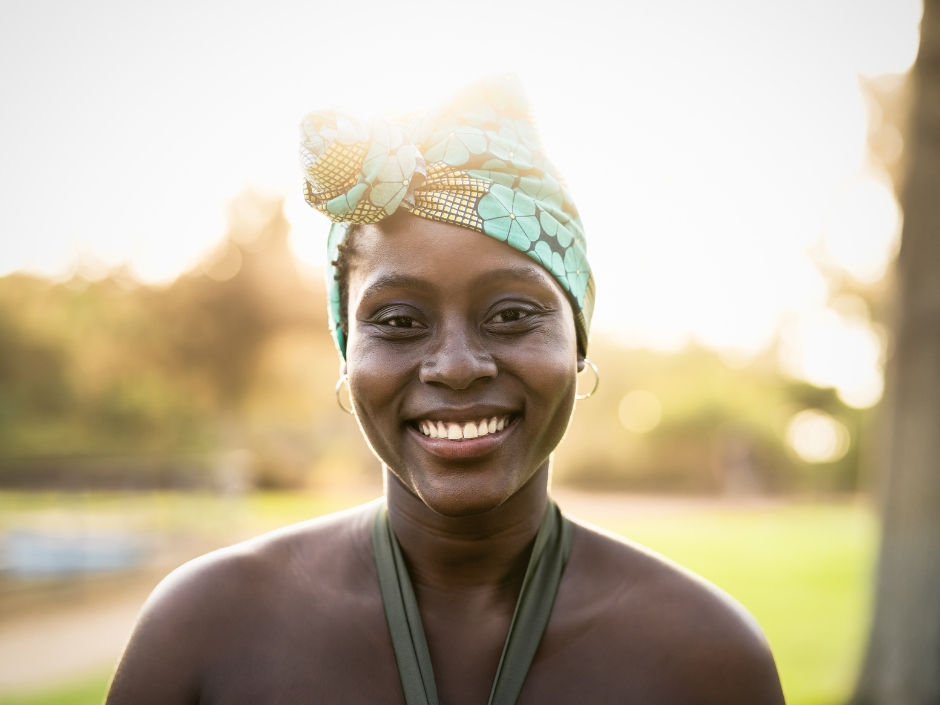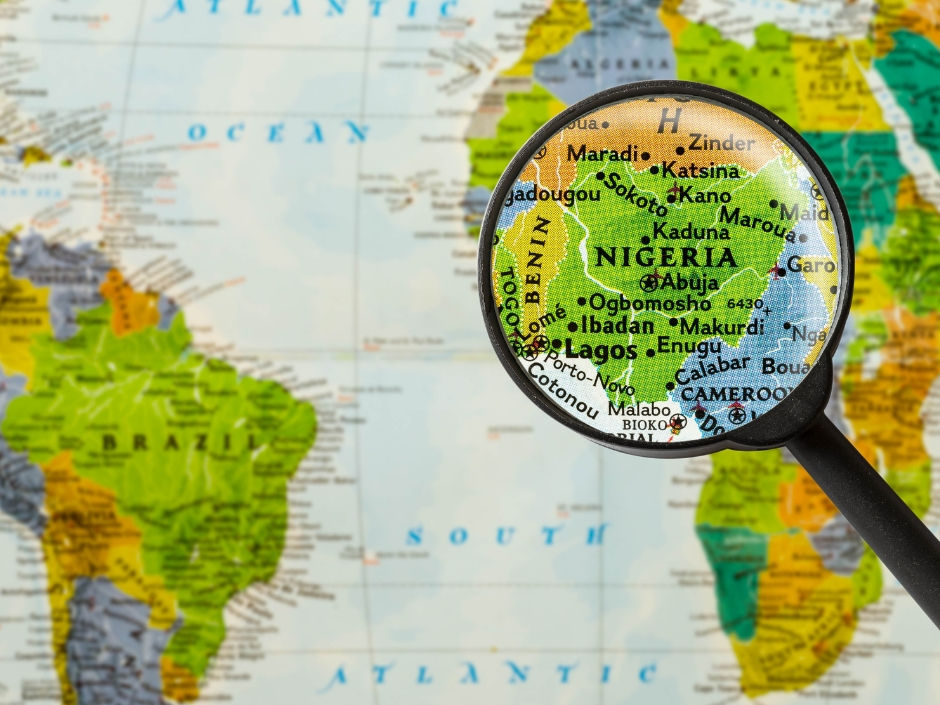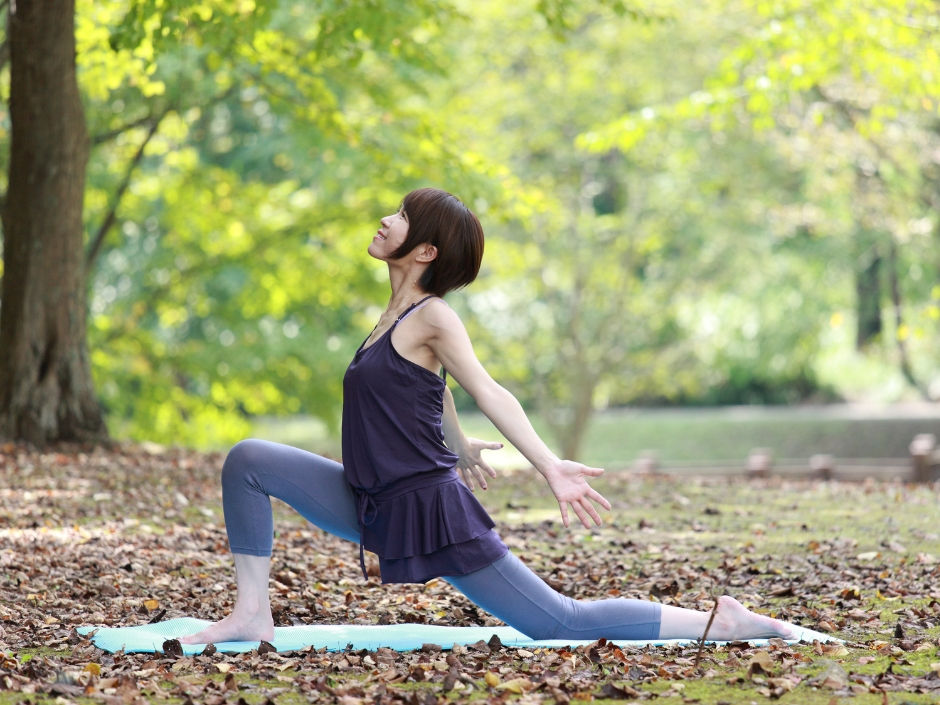Menopause Around the World: Nigeria’s Complex Dance of Power, Stigma, and Liberation
- Victoria Harris
- May 14
- 2 min read
Updated: May 18

In Nigeria, menopause is more than a biological event—it’s a rite of passage, a spiritual shift, and often, a source of both reverence and restriction.
The experience varies dramatically depending on region, religion, and education level. But one theme is constant: community perception matters deeply.
In this edition of Menopause Around the World, we explore how Nigerian women navigate menopause at the intersection of tradition, belief, and modern medicine.
Menopause as a Social Turning Point
In many Nigerian communities, menopause marks the end of a woman’s childbearing years—and with it, a shift in her social role.
For some, it brings freedom:
No more monthly cycles
A pause from pregnancy pressures
Greater autonomy in religious or community life
In fact, in several traditional settings, only post-menopausal women are allowed to attend certain spiritual ceremonies or join village councils—suggesting a rise in social status.
But for others, especially in rural or conservative regions, menopause is clouded by superstition and stigma.
Myths and Misunderstandings
Sadly, many older women in rural Nigeria face myths that paint them as:
Spiritually “unclean”
Possessed or dangerous
Suspected of witchcraft if they exhibit emotional or behavioral changes
These beliefs can lead to isolation, ridicule, or even violence—especially in communities where education about menopause is lacking.
Women experiencing hot flashes, insomnia, or irritability may be misunderstood or blamed for family misfortunes. As a result, many suffer in silence.
Tradition Meets Modern Medicine
Access to menopause-specific healthcare in Nigeria is limited, particularly outside major cities.
In urban centers like Lagos and Abuja:
More women have access to gynecologists and HRT
Awareness campaigns are slowly growing
A younger generation is beginning to talk more openly about hormonal health
However, traditional herbal remedies still play a central role in many communities:
Dongoyaro (Neem), scent leaf, and bitter leaf are used for hormonal balance
Herbal steam baths and local tonics aim to “cool the body” and ease symptoms
Unfortunately, many of these practices lack regulation or dosage consistency, highlighting a need for integrative education.

What We Can Learn
Nigeria’s story is one of contrasts—liberation and limitation, wisdom and misinformation.
Here’s what we can take from it:
Menopause isn’t just personal—it’s cultural. Conversations must meet women where they are.
Respect for elders is powerful—but only when paired with accurate education and care.
Creating safe spaces (like online communities or local support groups) can break cycles of silence.
Next, we head to Peru—where high-altitude living, maca root, and Andean traditions shape a menopause journey rooted in nature.
👉 Want practical, natural strategies for your own menopause journey? Download my free guide here!



